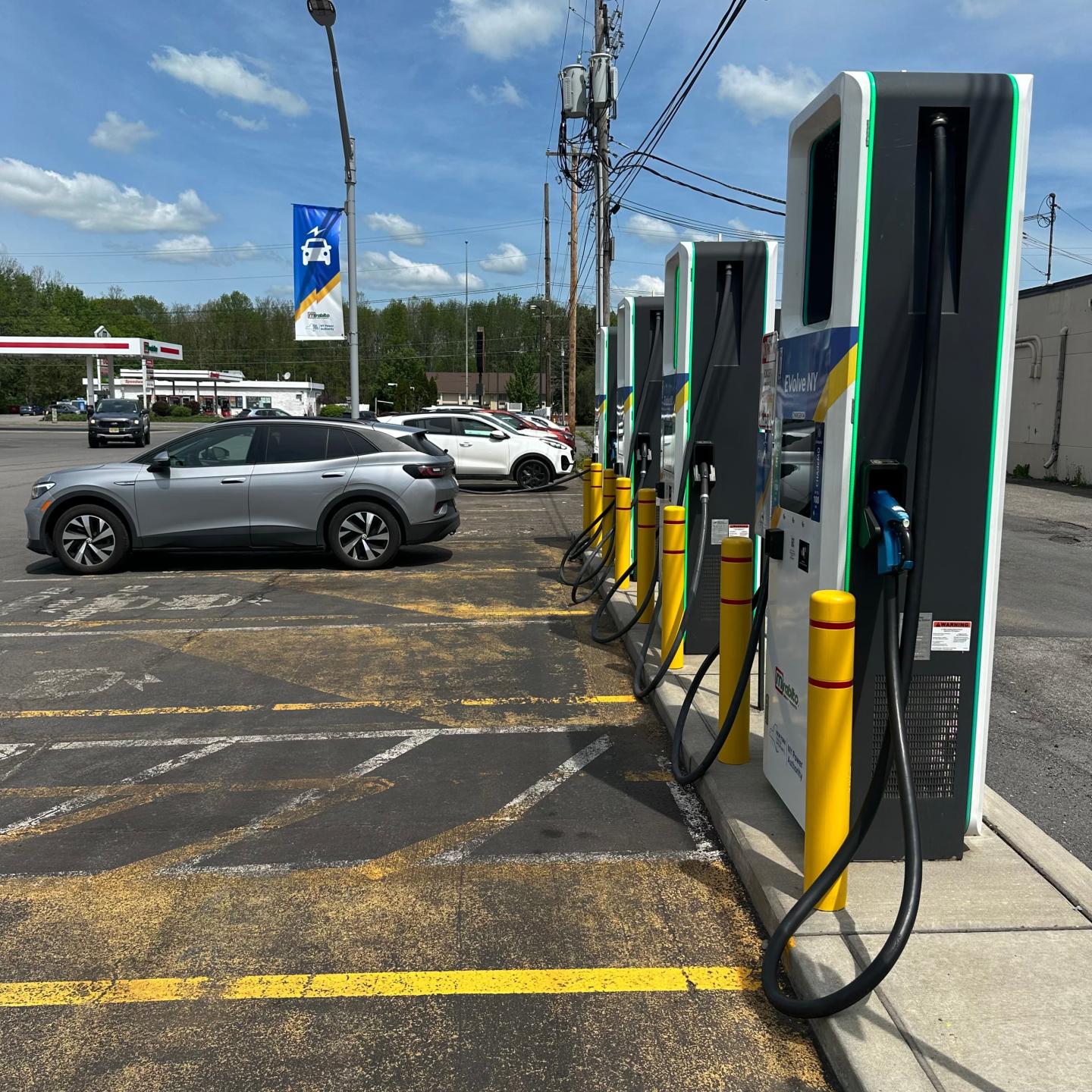Electric vehicle sales and satisfaction continue to rise
Reports of EVs’ demise have been greatly exaggerated.
You may have seen some negative headlines about electric vehicles this year — slumping sales and owner dissatisfaction. But experts say those headlines are misleading.

“Are EV sales tanking?” asks Loren McDonald, the CEO of EVAdoption, a data and market analysis firm. “No. They’re continuing to grow.”
Not only are sales of electric vehicles still rising, the cost of ownership also continues to drop. There are more and more EV models to choose from. And the vast majority of surveys, including from Consumer Reports, show that owner satisfaction is high.
So why might you hear negative news about electric vehicles? Two reasons — math and politics.
EV math: sales still growing
In 2023, EV sales totaled 1.2 million — an impressive 50% increase over 810,000 the previous year. In 2024, after a downturn in the first quarter, sales continued to rise, just not quite as fast as they did in 2023.
There’s a simple reason: math, says Ellen Robo, a transportation and clean air policy manager at Environmental Defense Fund. “When you sell 100 cars one year and 150 cars the next, that’s 50% growth,” she explains. “But when you sell 1.2 million one year, it’s a lot harder to grow 50% because you need 600,000 more buyers. Not 50.”
This is especially true when products are expensive, like cars. “These are not $3 fidget spinners we’re talking about,” Robo says.
Environmental news that matters, straight to your inbox
Surveys show EV owners are happy
In February 2024, a Consumer Reports survey of more than 330,000 car owners found that three of the top 10 most satisfying cars were EVs and a fourth was a plug-in hybrid. (The electric Rivian R1T came in second, behind only the Chevy Corvette.) Two of the top five most-liked brands were all-electric, with Rivian number one and Tesla, fifth.

A July 2024 Cox Automotive survey of fleet managers — professionals who oversee companies’ vehicle operations — showed that 41% flat out preferred EVs to the gas vehicles in their fleets, and 35% were equally satisfied with both. Only 24% preferred gas-or diesel-powered cars and trucks.
But in late June, the consulting firm McKinsey & Company made headlines with a report saying almost half of U.S. EV owners wanted to return to gas-powered cars. Most of the coverage failed to mention that the overwhelming majority of surveys find EV owners to be a happy bunch.
McKinsey surveyed only 4,000 U.S. EV owners, and unlike many other pollsters, failed to disclose who funded its survey or the questions it asked respondents.
“That [McKinsey] report was something of a head-scratcher,” McDonald says.
Electric vehicle politics
Why are consumers hearing mixed messages about electric vehicles? Because the technology has become politicized. “EVs are getting bad press thanks to extremist politicians who have targeted EVs in their ongoing war to dismiss climate change and clean energy solutions,” says Elyse Martin, who studies mis- and disinformation at Environmental Defense Fund. “We are also seeing a lot of pushback from lobbyists, businesses, and special interest groups that make money off of vehicles which operate on fossil fuel.”
These groups, along with certain internet content creators, “willfully manipulate or misinterpret studies about EVs to prove their points rather than just reporting on objective fact,” Martin says. Those narratives then creep into more mainstream coverage.
Consider electric vehicle fires. They’ve gotten a lot of coverage in the media. But studies show gas-powered cars are far more likely to catch fire than EVs. In one report analyzing National Transportation Safety Board data, only 25 out of 100,000 EVs caught fire, compared to 1,529 out of 100,000 for gas-powered vehicles. But those fires rarely garner media coverage. “Many of the narratives out there about EVs just don’t correspond with the data,” Martin says.
Positive outlook
The truth is, just as in all auto markets, there are sales fluctuations that depend on the economy, interest rates, price, availability and the fact that cars now last a lot longer than they used to.

Still, analysts believe EVs' share of the auto market will expand further in the coming months, assuming current economic conditions continue. K.C. Boyce, a vice president at market analytics firm Escalent, says a lot of the prospective EV purchasers his company surveys are waiting for lower interest rates and for major manufacturers to switch to Tesla’s charging port, a move that’s expected late this year and early next.
And EV sales have already rebounded, reaching record levels in the second quarter of this year, with approximately 330,000 new electric cars, SUVs and pickup trucks hitting U.S. roads.
That continued growth is no surprise, with prices dropping, more and more public charging infrastructure coming online, and the options for consumers greater than ever. There are no more than 40 new models of EVs for sale in the U.S.; 20 of them get 300 miles or more on a single charge.
“There’s a bit of a snowball effect," says Boyce. “As people know more friends, family, coworkers that own electric vehicles, they’re more likely to consider an electric vehicle themselves.”


